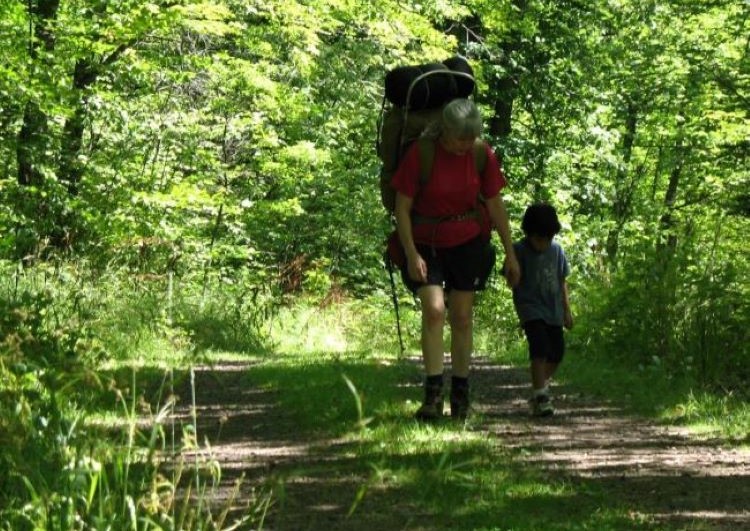I’ve been struggling mightily with depression. Someone has suggested medical marijuana, which sounds like fun.
Is it addictive? I don't know. What are the effects of long-term use? I don't know. Will it give me the munchies? Make me too sleepy to drive? I don't know. But I’m intrigued.
I feel for all those out there with PTSD, depression, and anxiety--like me. Covid has created a perfect emotional storm: I feel trapped, isolated, afraid, and powerless, with no end in sight--exactly how I felt in my childhood home.
I’ve been stable for several years on a cocktail of three anti-depressants, but I hate being on these medications. Whenever I try to get off them, though, I grow weepy and self-loathing. Still, I don’t trust them. After a few years, the positive effects peter out, and I have to switch to something new. Plus, though they keep me from plunging into the abyss, they don’t keep me from hovering directly above it.
At some point I decided that, though I had to keep taking the medications, I would not rely on them. With the external focus and structure provided by teaching, the day-time solitude I could count on for working out my emotional knots, and therapy a few times a month, that strategy worked. But the pandemic has upset that delicate balance. I am no longer teaching, my son does not need me in the same way, we’re all home all day every day, there are no cafes I can escape to when I need to get away.
Life events can pile up. The struggle can become too much for myself alone. I see now why I went on meds in the first place, and why I may have to raise the dosage yet again. It takes a certain humility to admit this. An admission of powerlessness. An openness to the intervention of a power greater than myself. A new med, a new 12-step group, a medical-grade mood-altering weed. A miracle cure, for Covid and me.
